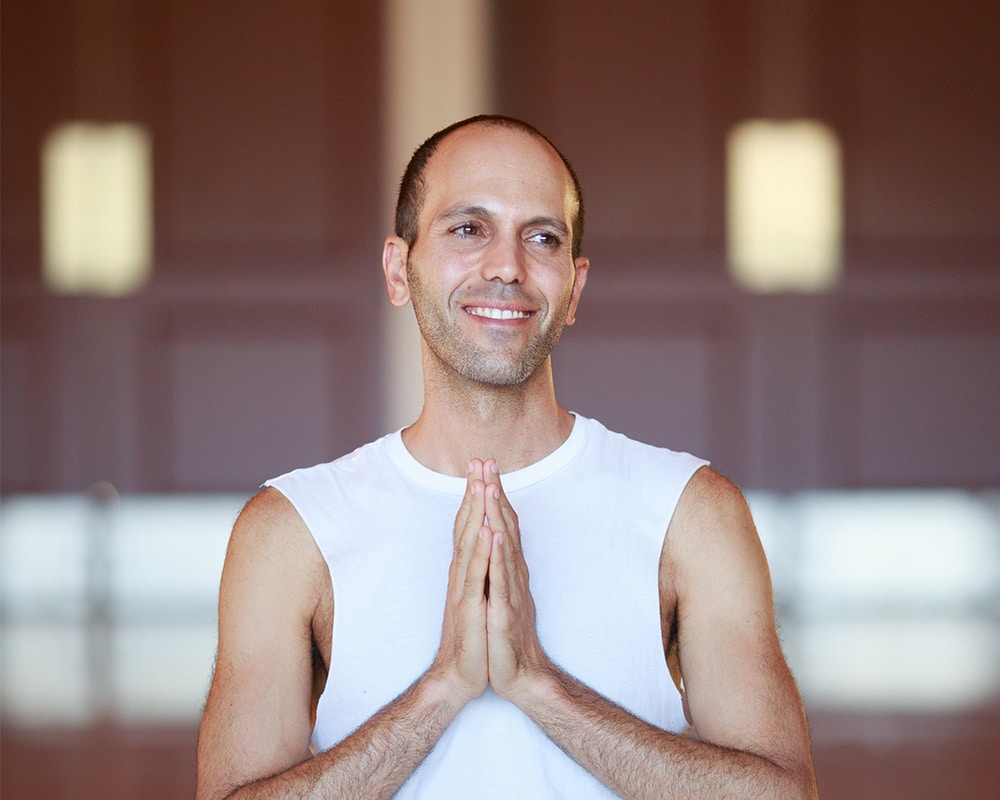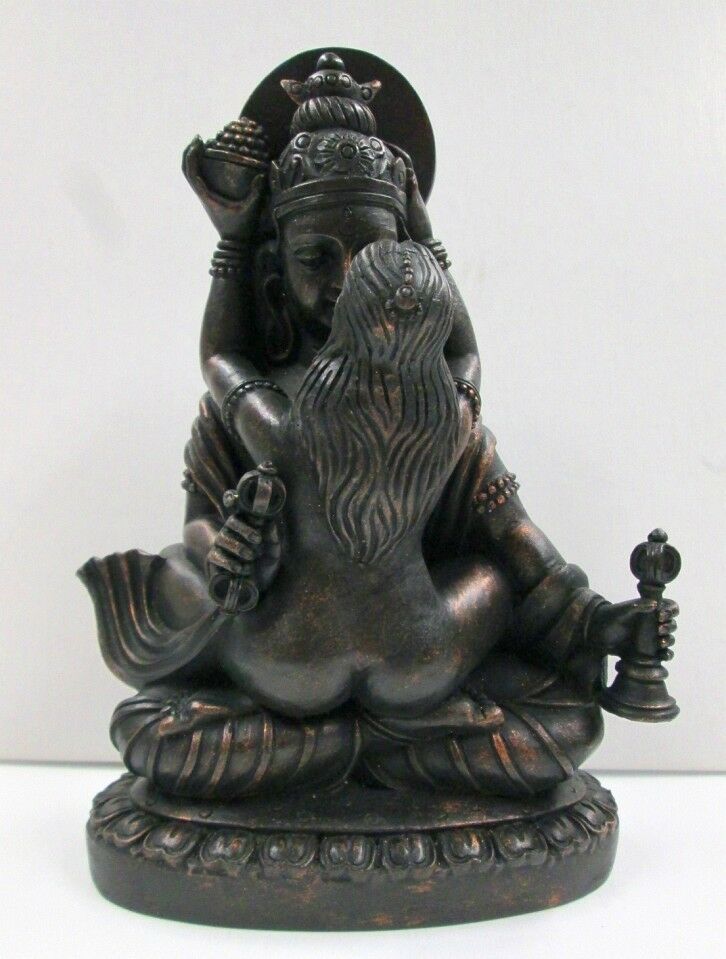As a yoga therapist and meditation teacher, people often tell me that they cannot meditate. “I can’t silence my mind!” they complain. But where did we get the idea that meditation is about silencing the mind? What if meditation is not what you think?
In fact, there is absolutely no need (and no point) to try to silence the mind, or even to try to change it in any way – to make it more positive, peaceful, or occupied with thoughts other than the ones with which it currently is. Harvard Medical Professor Herbert Benson has shown since the early 70s that, from the perspective of the brain, all that is needed to benefit from the relaxation response of meditation is to turn your attention to something repetitive (such as the rise and fall of the breath, the beating of the heart, or a mantra) and merely attempt to ignore all other thoughts (Benson, The Relaxation Response, 1971). It is not even necessary that you succeed in ignoring all other thoughts, only that you try. Why should that be so?
The crucial point here is that it doesn’t matter what the mind does, and there is no need to change it. By observing the mind – be it happy mind, angry mind, fearful mind or whatever – you get to know it. And by getting to know the mind, you sooner or later notice the obvious: that you are not the mind. However unsettled or tormented the mind may be, you are not unsettled or tormented. All suffering arises due to mistaken identity: confusing ourselves with the mind, falsely identifying ourselves as something which we are not. So who are you?
Quite simply, you are awareness. You are that which is aware of the mind, as well as of all other objects of awareness: the body, the world – all of reality. And as you become familiar with yourself as awareness, you will notice some interesting facts about awareness. First, you will notice that it is present in every experience. By definition, every experience is experienced by someone (or something). There is no experience without an experiencer. As meditation teacher Rupert Spira often points out, most of us identify ourselves as the mind, who is in turn aware of the body and the world; but who or what, then, is aware of the mind? As you observe the mind, and eventually become aware of yourself as the awareness that knows the mind just like it knows all experiences, you come to realize that the mind is just another object of awareness. Or, more accurately, you find that “the mind” is actually a flow of thoughts and perceptions that have no single identity, and are all merely objects of awareness – like everything in reality. You are not a mind that knows the body and the world. You are the awareness that knows the mind, as well as the body and the world.
Second, it is always the same. The mind may be positive or negative, sharp or dull, peaceful or agitated; yet the awareness that knows all objects of mind, body, and world, always has only one quality: it is aware. It does not reject, judge, prefer or cling to any experience. It just knows. Thus it is always peaceful, undisturbable, imperturbable.
This is why there is no need (and no point) to try and change the mind in any way. No matter how this continuous flow of thoughts and perceptions that we call “mind” behaves at any given moment, you – awareness, who you essentially are – are already always fully present and completely at peace. All you need is to know that.
Unfortunately, intellectual understanding doesn’t amount to knowing, and thus it is not sufficient here. And this is where meditation practice comes in. Take time every day to observe the mind by turning your attention to something repetitive, such as the sensations of the breath in the nostrils, and attempting to ignore all other thoughts and perceptions. Sooner or later, you are bound to notice the awareness that is aware of your chosen object of meditation, as well as of the “distractions” of the “mind”. And as you come to know this awareness and trust it – for it is in fact the most trustworthy thing there is, being ever present and never changing – you will inevitably find the peace that is inherent to who you are. You just have to drop all of these crazy and aggressive ideas that you need to somehow change your mind, and instead practice observing it as frequently as possible, for as long as possible. For is there anything more important or precious than being at peace?
You already are this ever present, ever peaceful awareness. You cannot be anything but yourself. But you can be confused about who you are, and thus suffer tremendously, and unnecessarily. As the Oracle of Delphi has proclaimed for over two thousand years, all you need is to Know Thyself.








